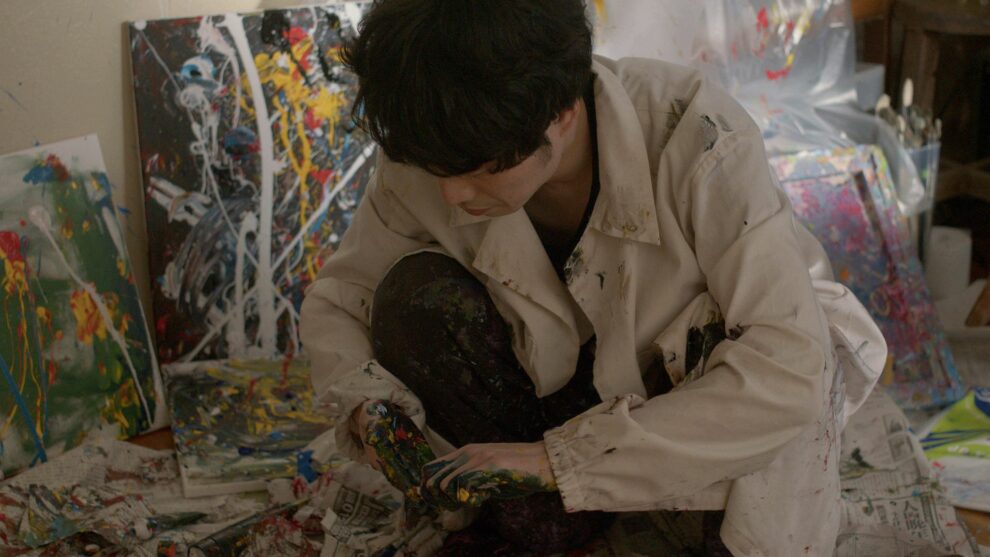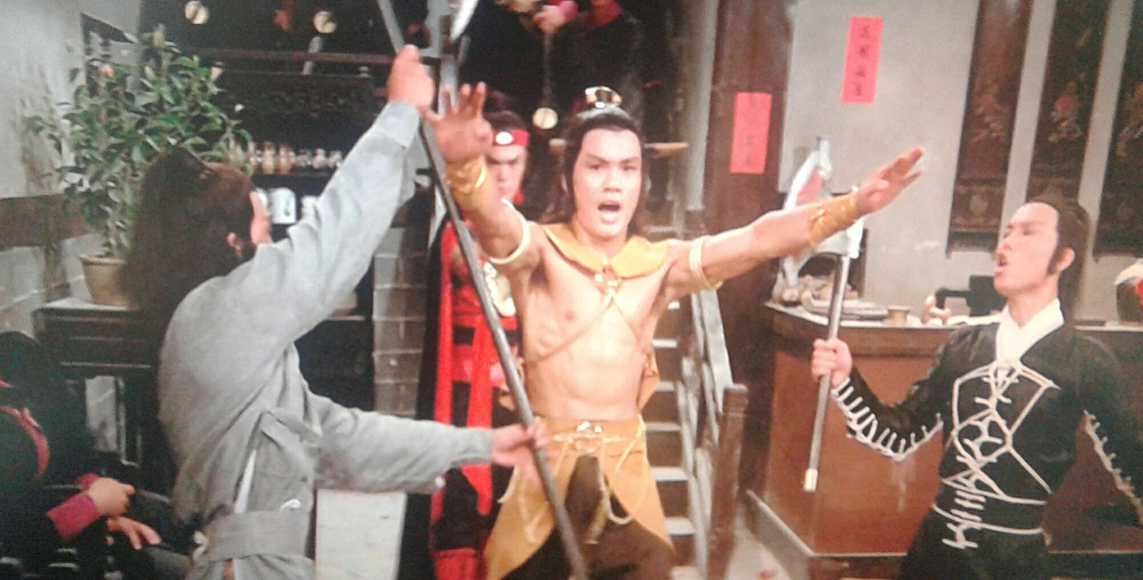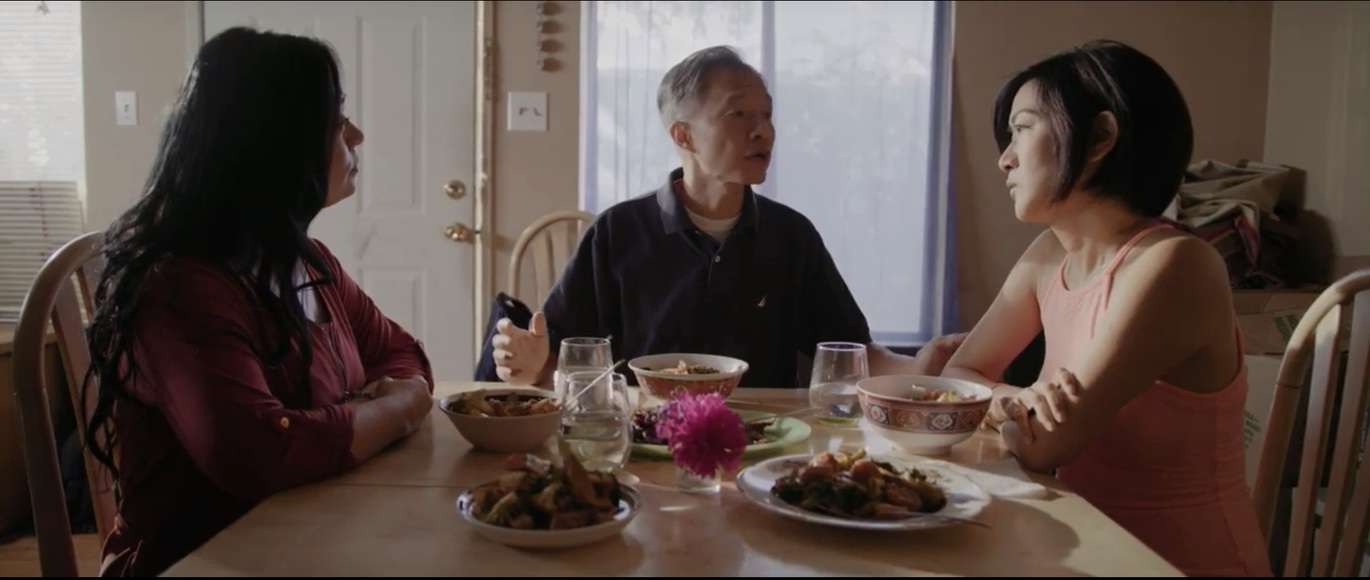Ryo Katayama seems to have a particular motif for his 2023 works, since, after “Unknown”, that realistically explores the lives of bit actors in the Japanese movie industry, “Meandering” focuses on the lives of painters and the struggles they face in order to become known and make a living out of their art.
“Meandering” review is part of the Submit Your Film Initiative

Michio is such a man, who, despite wishing to become a painter, he instead works collecting big trash along Muto, his senior and his only friend. Michio has essentially left his art behind but Muto's insistence for him to continue to pursue it and to finally get a girlfriend, eventually pay off when he pushes him to both exhibit his paintings in a café and to start talking to Sachi, a girl they meet by chance during their work. Sachi is soon proved to be more than just a love interest, since her admiration for Michio and his art eventually makes her something of a patron, as she is the one who convinces the owner of the café she works for to exhibit and sell his paintings for a 10% fee. As their relationship blooms, particularly through Sachi's dedication who adores just watching him paint, so does his career, with Michio eventually drawing the attention of a rich patron who ends up holding an exhibition for his art circle, for him to exhibit his work. Alas, Michio is proven both socially inadept and quite susceptible to a particular admirer.
Ryo Katayama directs a movie that unfolds into two axes. The first deals with the realistic presentation of the lives of artists, and the way they struggle to both make a living and to pursue their passion until either they get a break or they have to face the bitter truth that they will never make it. As we see Michio carrying heavy garbage for a living, the reality of the particular aspect is quite eloquently highlighted. The exhibition in cafes provide a way out, and also means for some income in case a customer decides to buy a painting, but again, even this is essentially a long shot. However, Katayama's approach is not that pessimistic, with him showing that with persistence and proper support, an artist can get a break, in an aspect, though, that seems more cinematic and optimistic than realistic.
The second axis revolves around the romantic relationship between Michio and Sachi, in a romance that one could say is quite one-sided, as Sachi's adoration deems her willing to do anything to help her boyfriend with his art. Essentially functioning as both a muse and an agent, it is her that pushes him to finally get a break, with her mentality making his eventual betrayal even worse. It is this aspect, though, that intensifies the drama of the movie, which finds its apogee close to the end, in probably the most impactful scene in the movie.
Both the axes work well for the narrative, which features, though, a number of issues. To begin with, the complete lack of tension does not help a movie that borders on the two hours, while there are a number of moments that the film is lagging, as in the case of the extended sequences that show Michio's method of painting. These scenes may make the presentation of the first axis even more thorough, but also extend the movie for no particular reason. Add to that the relatively slow pace and the general lack of any “high points” and you have a title that becomes somewhat difficult to follow after a point.
On the other hand, Yuji Fukaya's cinematography captures the setting the movie takes place in (galleries, cafes, apartments, the street) with realism and gusto, while the aforementioned moments of Michio's painting are probably the most impressively shot in the movie, in an overall excellent work.
Ryuhei Aono as Michio presents his timidity and insistence convincingly, while Makoto Tanaka fills the screen with a constant pleasantness every time Sachi appears on it. Tao as a kind of “femme fatale” is also quite convincing.
There is nothing particularly wrong with “Meandering” and the presentation of the lives of the “lowest level” of artists is actually quite interesting to watch. At almost 2 hours, though, the movie definitely overextends its welcome, while the almost complete lack of tension results in a film that is difficult to follow after a point.
















